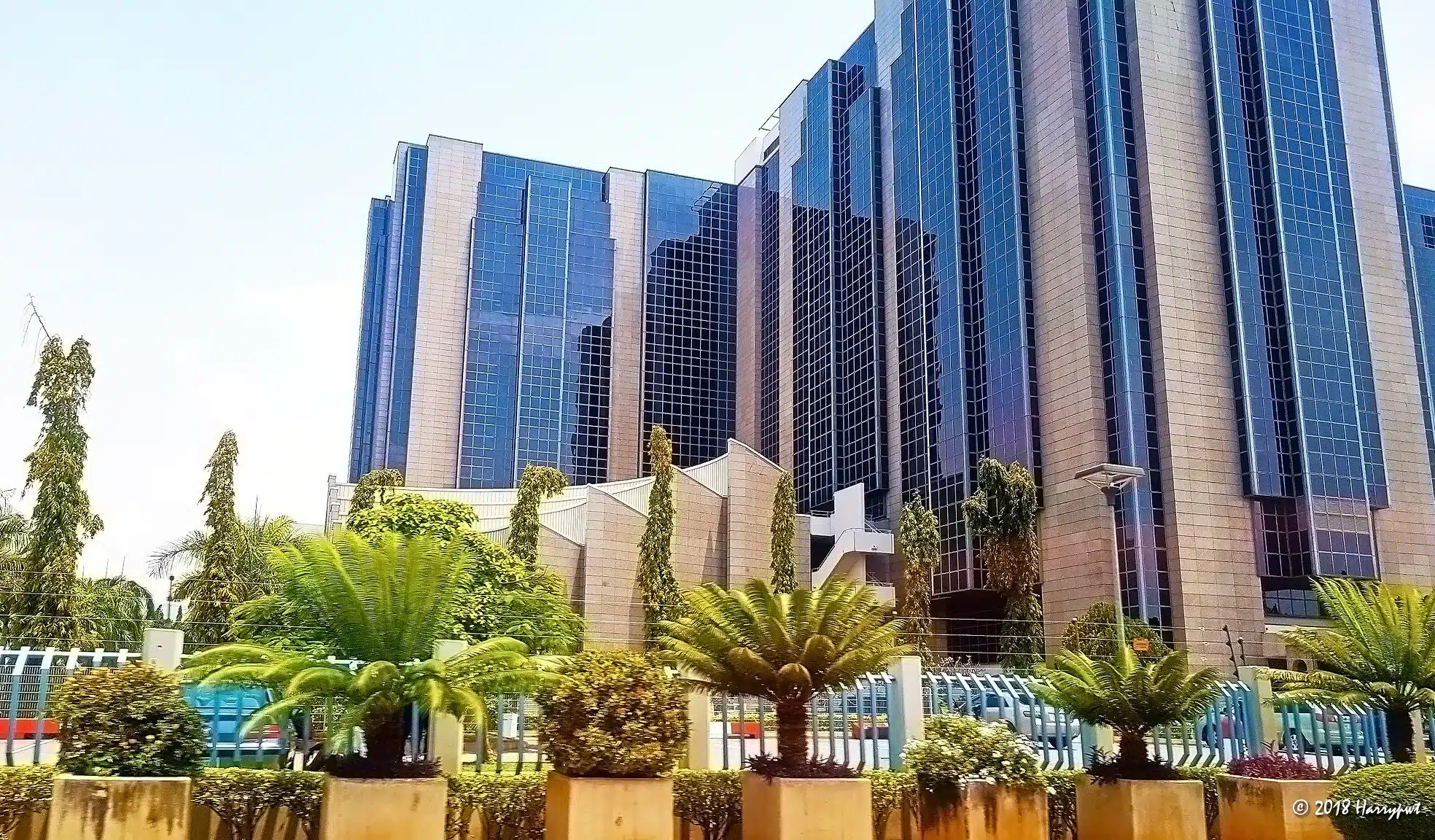When Nigeria’s Central Bank launches open banking in August 2025, the financial landscape will be forever changed.
While many have voiced concerns about the potential disruption it could cause to Nigeria’s commercial banks, industry experts like Adedeji Olowe, Founder and CEO of Lendsqr, argue that banks stand to be the biggest beneficiaries if they fully embrace this new system.
Olowe, who has spearheaded engagements to implement open banking through the Open Banking Initiative, likens the potential effects of open banking to the fintech revolution in Nigeria.
“Before Paystack and Flutterwave, having an online business was a fool’s game. Once Paystack made accepting payments easy, the rest became history. Today, fintechs have created unicorns in Nigeria and a $200m exit for Paystack. That’s one of the greatest value creations Nigeria has ever seen, all because being able to pay online is trivial. All of these would be child’s play when open banking goes live,” he said.
Data as leverage for banks
For decades, Nigerian banks have built up vast amounts of data on their customers. However, due to the limited scope of the existing systems, this data has often been underutilised.
Open banking changes that by creating a framework where banks can securely share customer information (with consent) and collaborate with third-party service providers to offer new products.
The result is an ecosystem in which banks have greater access to consumer financial behaviour, data that can be used to build better, more personalised services and connect with customers in ways that were previously impossible, ultimately improving their bottom lines.
Far from being relegated to the sidelines, banks that adopt open banking early on will be able to leverage their existing infrastructure and data to offer a suite of innovative financial products that could strengthen their hold on the market.
Accelerating the growth of credit
One of the areas that have been identified as having great potential to leverage open banking is credit. In the past, the lack of comprehensive data has made it difficult for banks to assess risk or recover loans, which has resulted in limited access to credit for many Nigerians.
By enabling banks to access a more detailed and accurate picture of customers’ financial behaviours, open banking will allow for more informed lending decisions.
Olowe predicts that access to this data could result in a hundredfold increase in available credit for Nigerians. This surge in credit availability will allow Nigerians to fund personal projects, expand businesses, and invest in their education, thereby unlocking economic growth.
Banks, in particular, will also benefit from this credit explosion, as a better economy is ultimately great for financial institutions. Additionally, the enhanced data-sharing environment provided by open banking will also lower the cost of lending for both customers and financial institutions and increase the volume of transactions handled by banks.
Expanding digital payments
Aside from credit growth, open banking will also simplify digital payments, an area where banks have fallen behind fintechs.
In Nigeria, card payments have long been plagued by issues such as high transaction failure rates and security concerns. But open banking can address these problems by enabling bank account-based payments that are faster, cheaper, and more reliable than current card-based solutions.
Already, industry data shows that users are beginning to favour account-based payments over card payments, making it crucial that banks quickly cash in on the trend. This transition will open up new revenue streams for banks and help them cater to the growing demand for easy, reliable online payment systems.
The rise of microinsurance and true financial inclusion
Another area where open banking will create opportunities for banks is in the micro-insurance and pension markets. Platforms like Casava and MyCoverAI are already using technology to make insurance more accessible to Nigerians, but open banking can enhance this process by simplifying payments and improving the ability to assess risk.
For banks, this is a major opportunity to tap into an underserved market. Microinsurance products, once too expensive to offer, will become more affordable as banks leverage open banking’s data-sharing capabilities.
Additionally, banks will be in a stronger position to offer savings and investment products, helping Nigerians grow their wealth in a secure and accessible manner. As PiggyVest and Cowrywise have already demonstrated, Nigerians are eager to save and invest, but open banking will make it even easier for customers to access these services directly from their bank accounts.
Better value for corporate customers
Corporate customers will also benefit from open banking, as it will allow businesses to more efficiently manage their cash flow and streamline payments. Banks with strong corporate client bases will have an edge in providing these businesses with the tools they need to succeed in an increasingly digital economy.
Corporate clients, in turn, will benefit from faster payments and more accurate financial insights, making it easier for them to make strategic decisions. There’s also the opportunity to provide additional services such as bookkeeping and invoicing to businesses, thus capturing more value.
Trust as a competitive edge
For all their shortcomings, something Nigeria’s commercial banks have in spades is customer trust, especially when up against fintechs. Despite losing ground in the digital payments race, they still retain mind share for most Nigerians who either grew up with stories of banks shutting down or still fail to see fintechs as credible banking partners.
This phenomenon is seen in customers using commercial banks as the primary banking provider while fintechs essentially act as pipes moving money around. That’s an opportunity most banks can cash in on to delight their customers.
While open banking is unlikely to be a silver bullet that helps banks compete better, embracing it early could position them to compete favourably.











